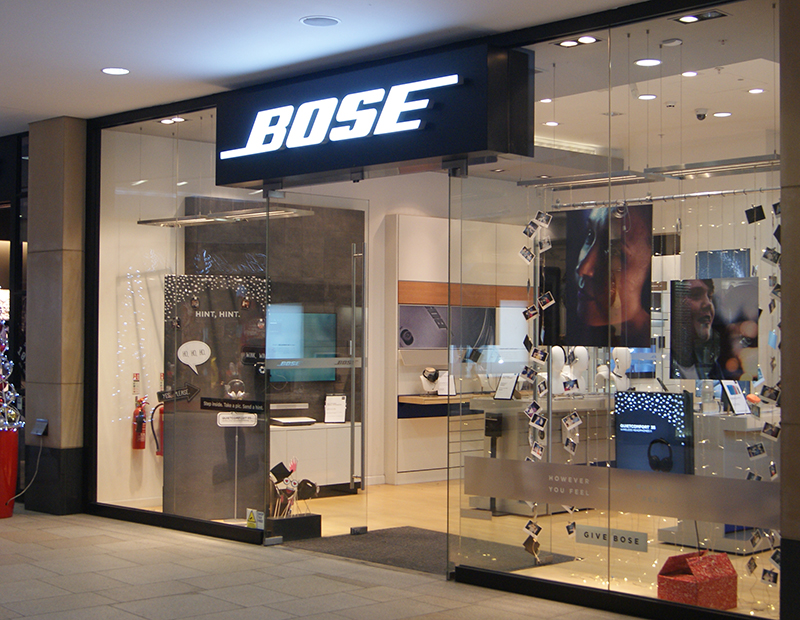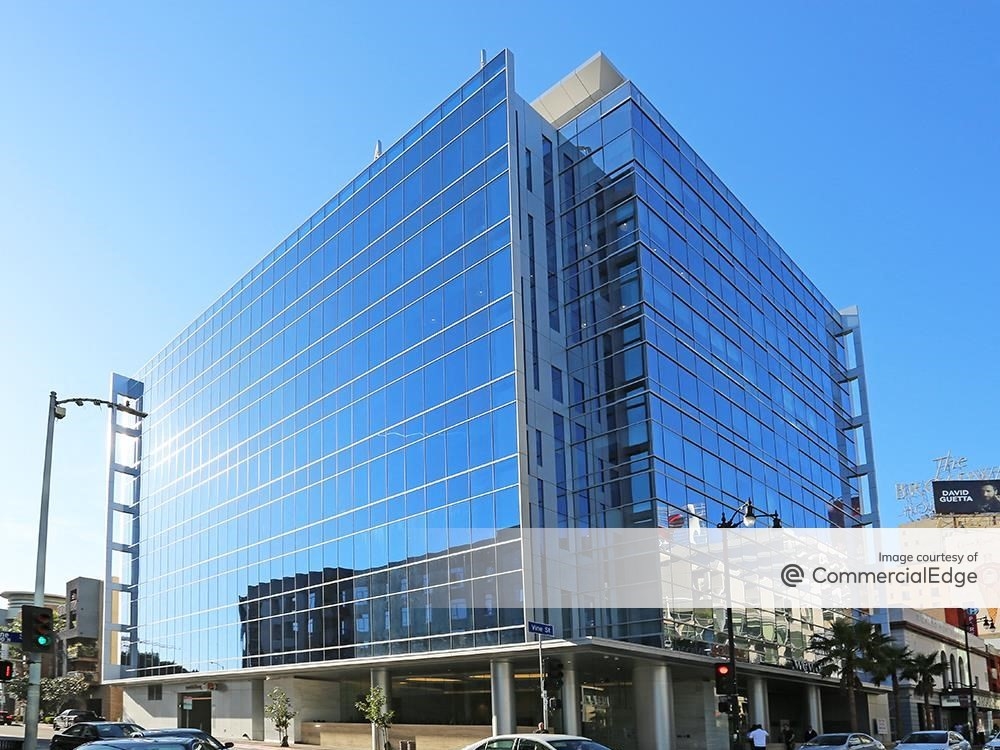Electronics Stores Join Brick-and-Mortar Exodus
Audio equipment giant Bose will close its remaining 119 retail stores in four markets including the U.S.
The rise of online shopping continues to disrupt the retail industry, prompting a lengthening list of department stores and apparel brands to shutter their brick-and-mortar shops. The latest news from audio equipment giant Bose shows that specialty electronics retailers are also exposed to the physical impact of rampant e-commerce growth.
Bose announced it is closing its remaining 119 retail store across North America, Europe, Japan and Australia, noting in a statement that its products are increasing purchased online. The privately held company will keep its doors open in other parts of the world, including roughly 130 outlets in Greater China and the United Arab Emirates along with additional stores in India, South Korea and Southeast Asia.
READ ALSO: How Walgreens’ Store Closings Will Affect Landlords
Bose currently has stores in 20 states across the U.S., according to its corporate website, with prominent venues including Westfield World Trade Center in Lower Manhattan, the Westfield San Francisco Centre in San Francisco and the Mall of America outside Minneapolis. The Framingham, Mass.-based company opened its first store in 1993.
“This is more of challenge for manufacturers taking on the role of retail shops,” Greg Buzek, founder and presidency of retail consultancy IHL Group, told Commercial Property Executive. “Since you can get Bose equipment from anywhere, there really needed to be a compelling new product category that required more information or experience for them to be successful in standalone stores as a result.”
“Apple Stores took off when the iPhone came out,” he added, observing that the smartphone drove a “try before you buy” mentality. The Genius Bar, an in-store technical support center, provided even more incentive to visit Apple’s shops. Bose’s offerings, which range from smart speakers to wireless sport earbuds, tend to require less hands-on experience before a purchase is made.
“Other companies that are pure play e-commerce are running into the same issues,” Buzek added. “They try opening stores because they need to and realize that retail is hard.”
Apparel’s not alone
Bose’s products are also available through the company’s online store as well as third-party retailers such as Amazon, Best Buy and Target. The retailer noted that it will be providing outplacement assistance and severance to employees affected by the store closures.

Genius Bar at an Apple Store in London. Image courtesy of Thomas Cloer via Flickr
The news comes amid a seemingly endless series of large-scale retail downsizing announcements. Just last week, department store Macy’s revealed that it would close 28 stores and one Bloomingdale’s location out of a total network of 871 locations. Home goods retailer Pier 1 Imports announced in the same week that it would shutter up to 450 stores, nearly half of its total network.
Although big department store chains and apparel brands like Forever 21 have borne much of the brunt of the retail industry turmoil, purveyors of consumer electronics are also vulnerable. Electronics and appliance stores are estimated to have seen $97.6 billion in total sales in 2019, down 3.5 percent year-on-year, according to the U.S. Census Bureau.
In an analysis distributed to clients last year, UBS projected that the consumer electronics segment would shed 10,000 stores, or around 25 percent of its total footprint, by 2026—a percentage equal to the anticipated loss for clothing stores.
Radio Shack, which at its peak had several thousand stores nationwide, is a shell of its former self after filing for bankruptcy and closing more than 1,000 locations in 2017. Electronics big-box chain Best Buy decided in 2018 to shut down all 250 of its Best Buy Mobile stores found in malls, citing low profitability.
In the same year, specialty electronics store Brookstone announced it would close all 102 of its mall locations across the U.S., four years after being sold to Chinese conglomerate Sanpower in a bankruptcy auction.








You must be logged in to post a comment.